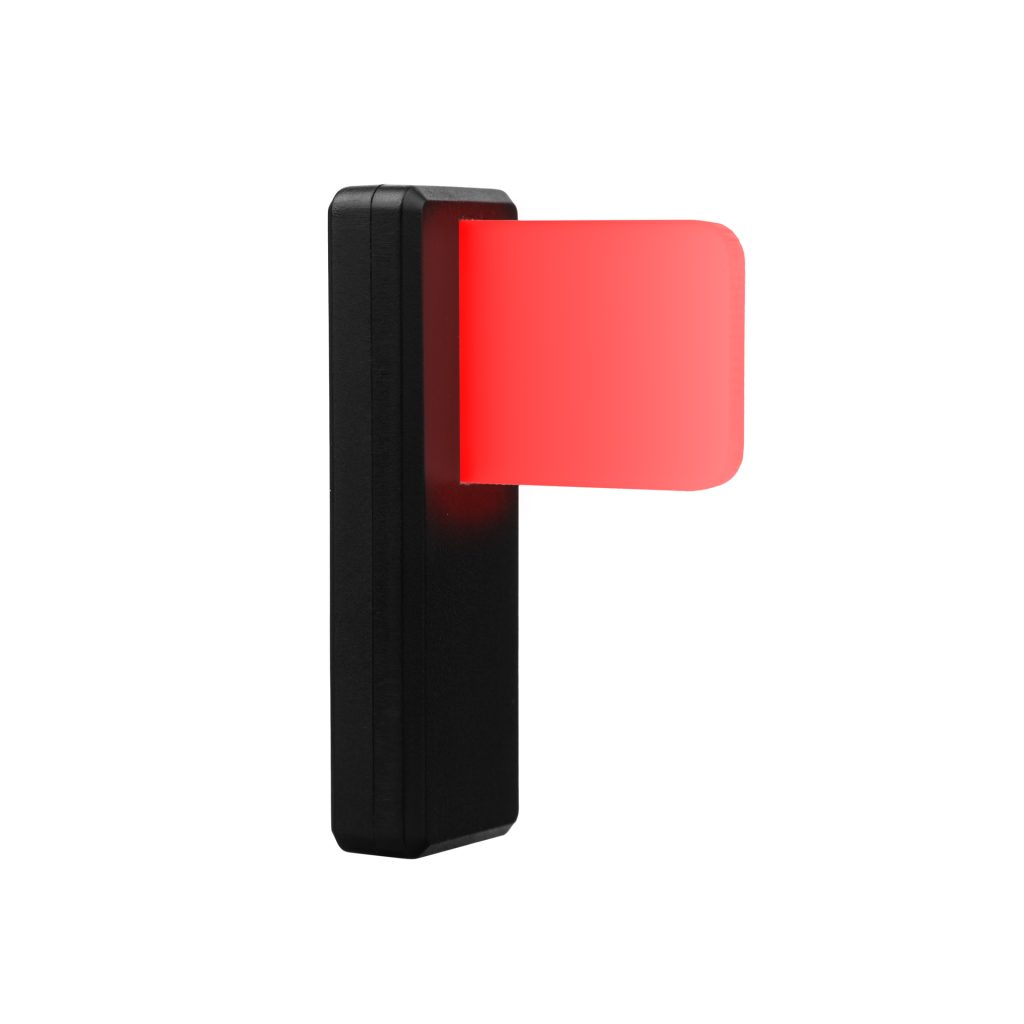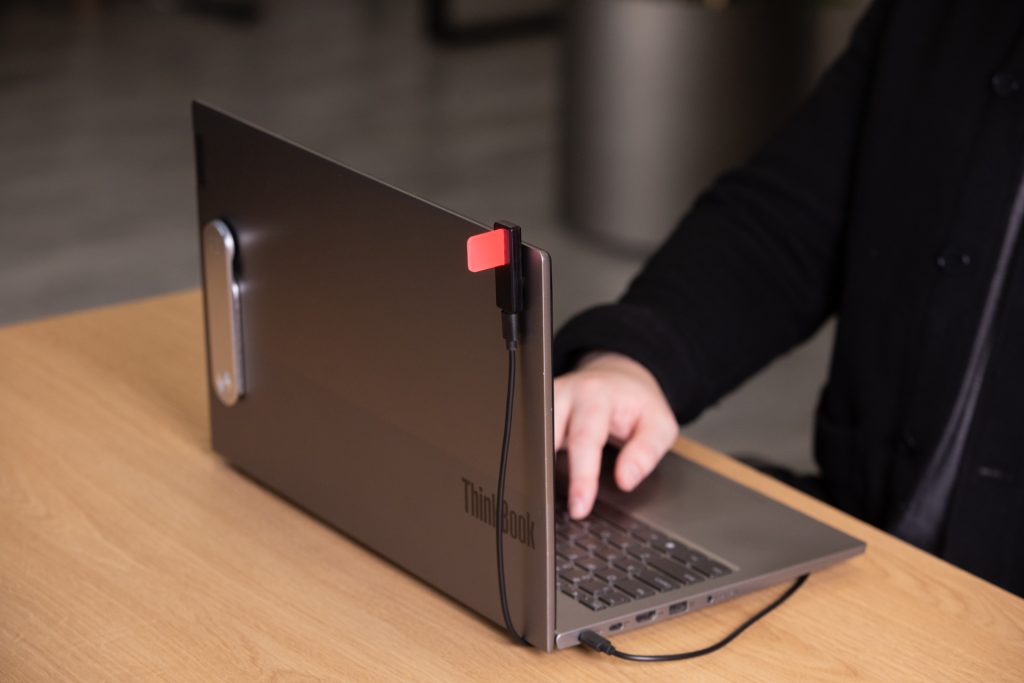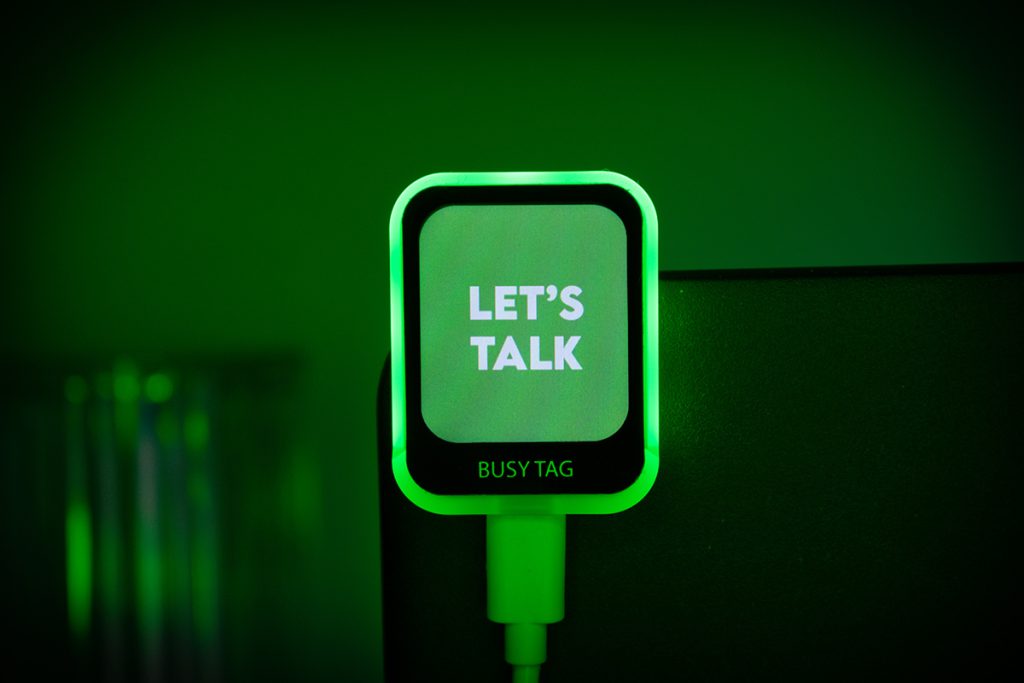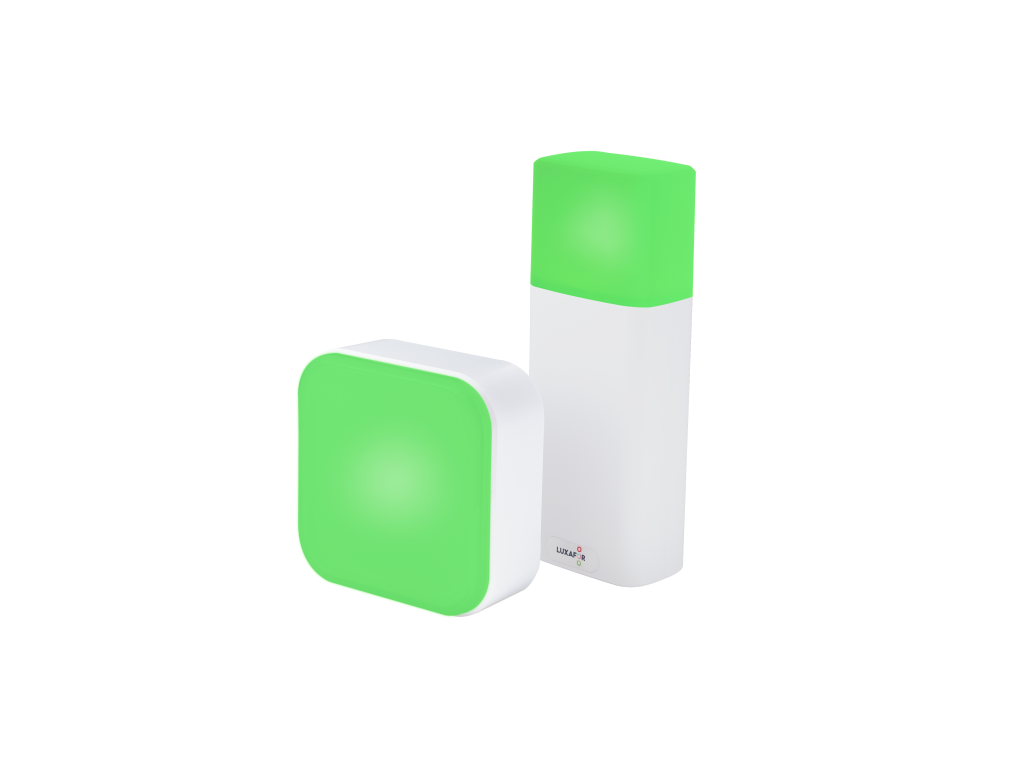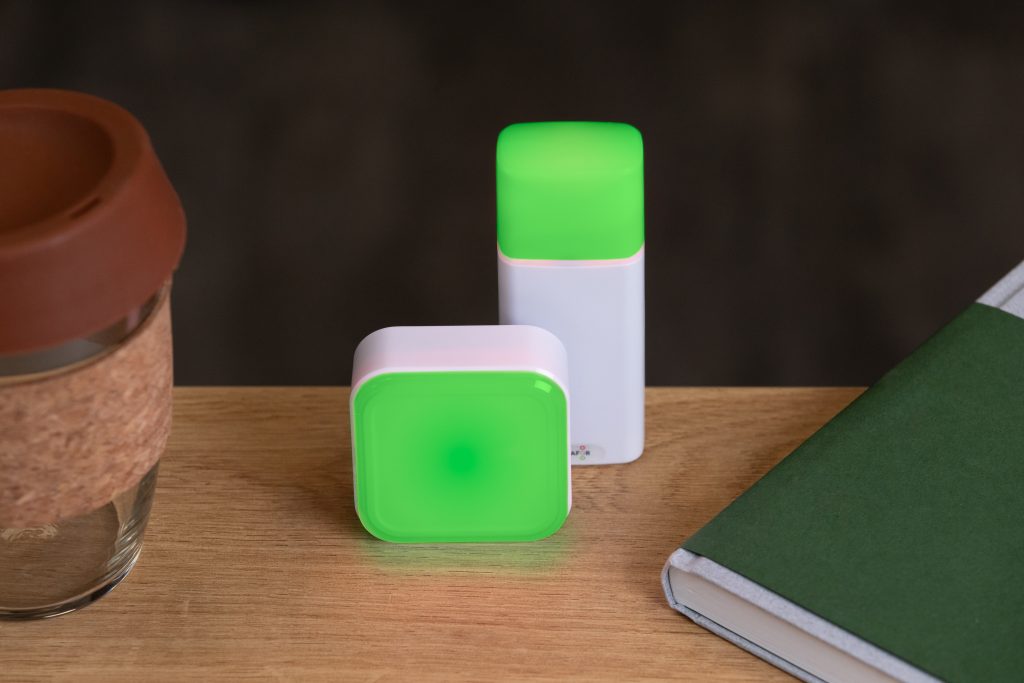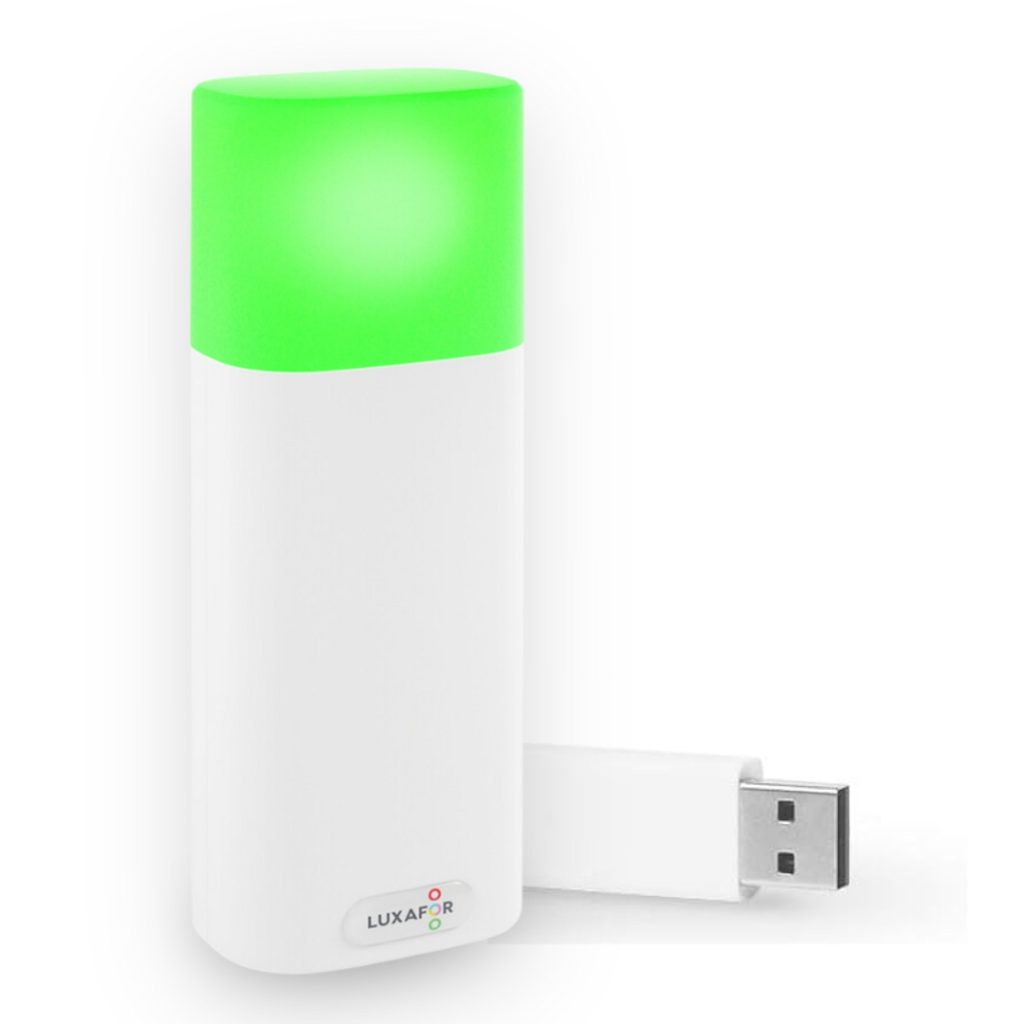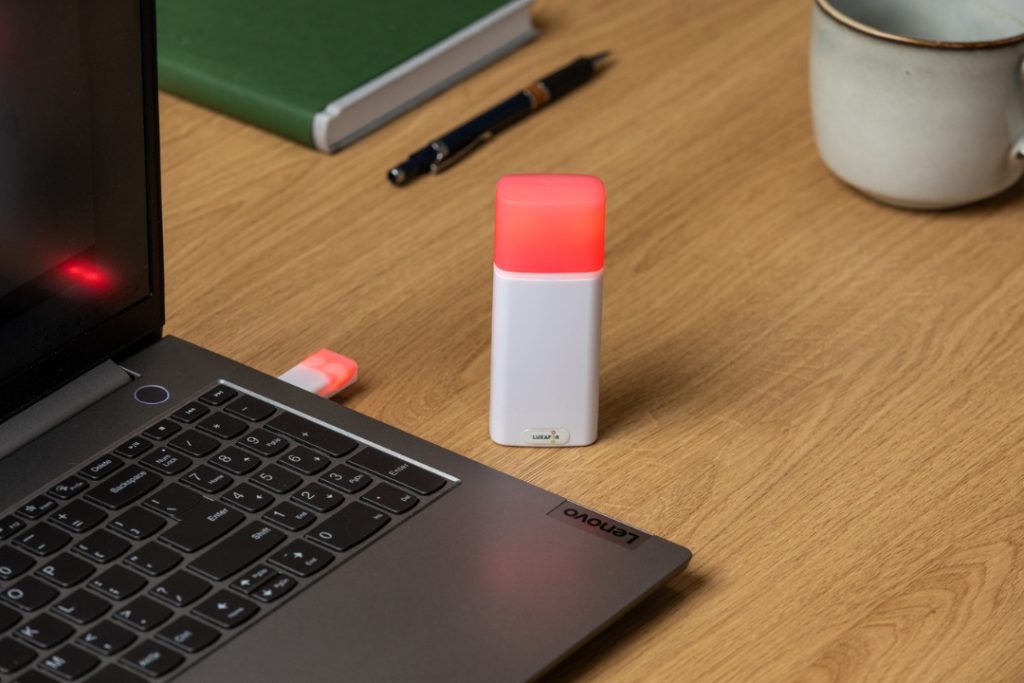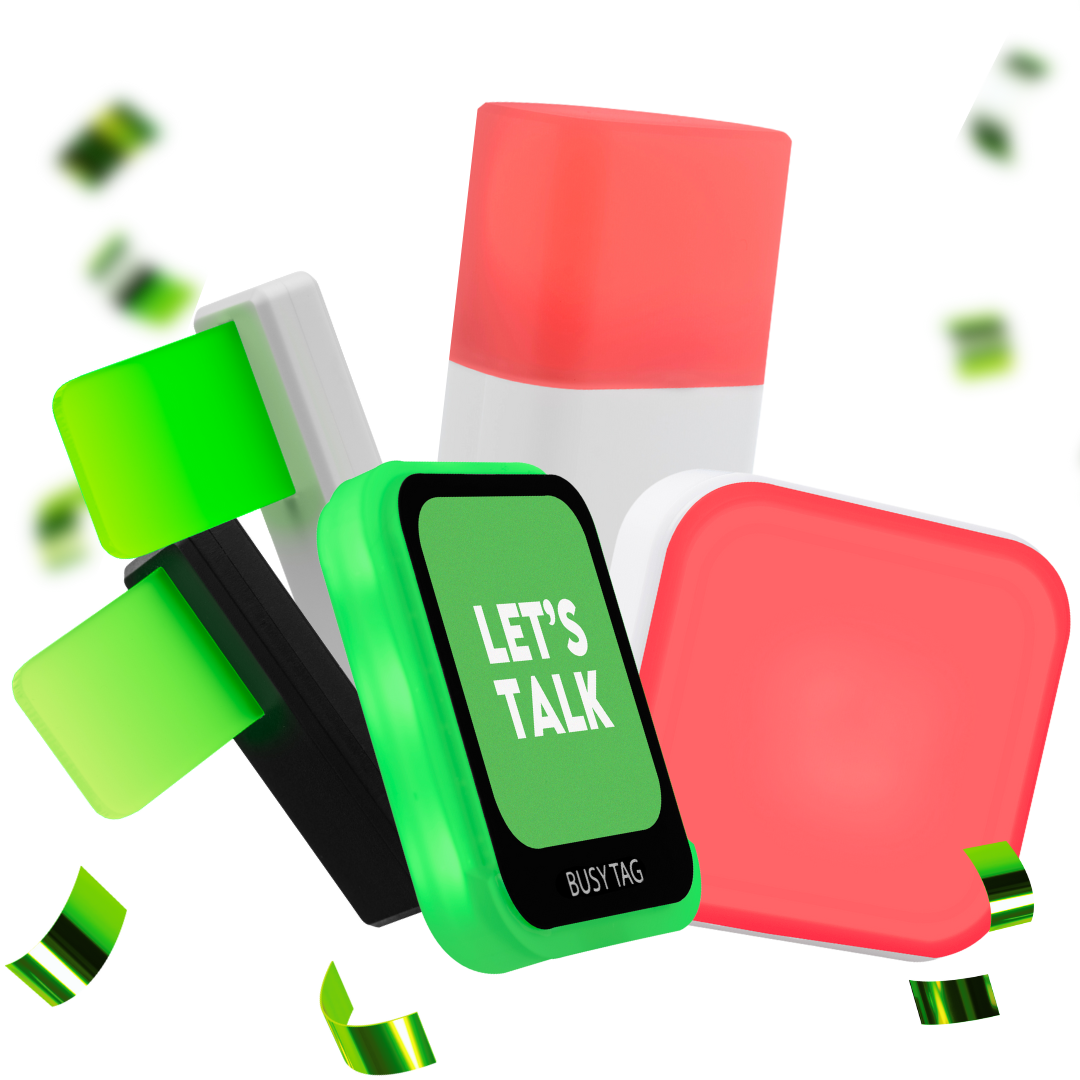From Burnout to Balance: Sustainable Strategies for Long-Term Productivity
Being productive all the time is simply impossible. When there’s a long to-do list at work and you’re trying to keep up with everything going on around you, it can be easy to forget to prioritize your mental health.
We all want to get things done, but there are ways to do this without pushing our minds and bodies to their absolute limit. Constantly rushing will sooner or later take a toll on you, and in the long run, this affects your productivity much worse.
Want to stay productive without burning out? It’s time to find out how!

Understanding burnout
No, burnout isn’t when you feel tired after work. It’s exhausting. A feeling that doesn’t go away after a good night’s sleep. It’s a lack of motivation, not only for work, but for the things you enjoy as well. Burnout means that your mind and body are suffering and desperately need rest.
No matter how many hours you spend working, you’ll notice that you’re not doing anything. You’re mostly staring into a blank space. You’ll find that even the smallest problems annoy you. The feeling of hitting your toe on the edge of the bed will stick with you all day.
So, what causes burnout?
Burnout happens when your mind and body can’t take it anymore. If you’re experiencing constant stress in your business or private life, you will experience burnout at some point.
It’s just a matter of time before all the stress comes to the surface. If you’re experiencing physical stress symptoms like shortness of breath, upset stomach, clenching your jaw, etc., your body is probably under constant stress. When ignored, this ongoing stress leads to burnout.
That said, let’s go over some tips on how to get your productivity back.
Tools and strategies for long-term productivity
You can still be productive without depleting yourself of energy or working at max capacity 24/7. You can do this by finding balance. By finding time for your work, for your family and friends, and most importantly, yourself. It’s tricky, but here are some strategies that can help you:
Use tools to boost your productivity
You’re probably dealing with some repetitive tasks at your job that are stopping you from doing the work that matters. If you’re not used to asking for help, you can get it by paying. That said:
- If you need to move info across different apps, such as from your email to your to-do list, you can get Zapier to do it for you automatically instead of you doing it by hand.
- If you, for example, need to create a presentation in a rush, you can rely on a SmallPDF to PowerPoint converting tool that will do it in seconds, instead of doing it manually.
- If you, for example, need to sort through thousands of emails after a long vacation, you can always get an email management tool like Zendesk to do it for you.
A bit cliche, but yes, the solution lies in working smarter, not harder. You should always find a way to finish the less important tasks while making sure your focus is on the more important ones. This is when you become more productive at work and can manage to finish on time.
You’ll find that many workspaces nowadays have tons of gadgets to boost the productivity of their employees, such as time-tracking apps and scheduling displays that show your availability during the day. For example, the Luxafor desk light changes colors based on your availability. So, if you’re busy at the moment, your colleagues will know without having to interrupt you.
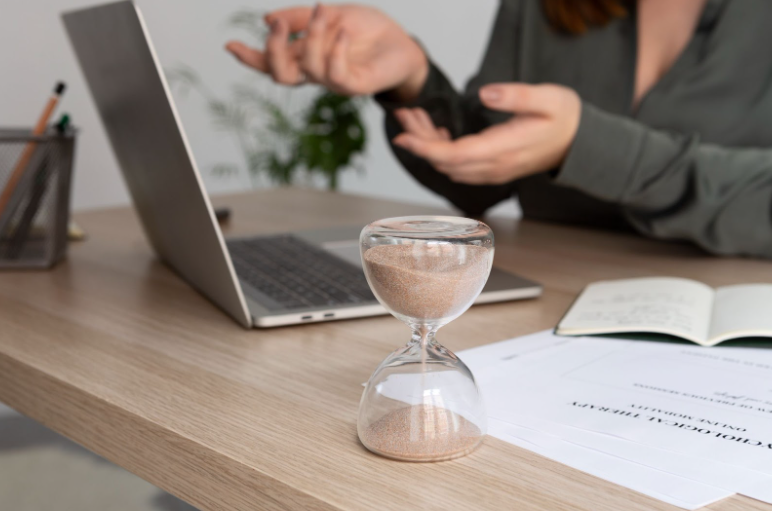
Blocking out focus time on your calendar
Just as you need to forget about your work when on a break, you also need to forget about scrolling on social media when doing important work. Because sometimes you might sit in front of your computer thinking that you’re working, but you’re actually focused on something else.
And this is how valuable time is spent.
But you can find a way around this – block out focus time. For example, if you think that to do a specific task, you’ll need 1-2 hours, then mark out 1-2 hours in your calendar to do it. But here’s the catch. During this time, you need to mute all notifications. That is, all distractions.
If you’re in the office, you’ll need to make sure that your colleagues know that you’re busy during that period. What you can do is link your Luxafor device to your computer or phone, so that it can automatically switch to red when you’re in a business call, for example.
Disconnect from your screen
We’re so used to staring at screens that we often forget to take a break. Not only does this leave you tired, but it can also cause eye strain. This is why the 20-20-20 rule recommends that after every 20 minutes you look at your screen, you should look at something that’s 20 feet away for 20 seconds. You can always rely on your computer to remind you to do this.
But you’re wrong if you think that this kind of break is enough to replenish your energy and get you back on track. You need to take proper breaks. Regardless of whether you’re hungry or not. And no. This doesn’t mean you should eat in front of your computer so that you can answer right away and jump right back to work if someone contacts you. You need to change scenery.
This is why, when taking a break, you should set your status to Do Not Disturb and turn off your screen. Try to forget about your tasks when you’re taking your break. Even if you receive a last-minute request, you should learn to say NO, unless it’s, you know, an absolute emergency.

Take care of yourself first
Yes, it’s that simple. When you take care of yourself properly, you’re more productive in your work and every other aspect of your life. This is because you feel more fulfilled when you’ve done something for yourself, even if it’s only for an hour a day. The point is to feel good.
And you can start by:
- Exercising: Yes, you’ve probably heard this one a thousand times, but have you ever exercised regularly? There’s nothing else like it. It boosts your energy and your productivity. There are all kinds of sports out there, so anyone can find their fit.
- Eat well: It’s hard to stay away from fast food and sugar. I know. But try going without it for a week, and it’ll easily become a habit that will make a difference. Have you ever noticed how, after eating a burger, you’re all sleepy and lazy, while after eating a salad, you’re more energetic? Eating well can help you do your job more easily.
- Get enough sleep: No tip in the world can replace a good night’s sleep. If you want your body to listen to you, make sure you take care of it. We humans are far from nocturnal animals, meaning that our bodies can find it extremely stressful to wake up early after staying up late. You simply won’t feel as energetic as usual.
Declutter your digital workspace
You know how, when you don’t make your bed in the morning and come back from work to a messy home, you feel completely overwhelmed and just want to go to sleep? The same thing can happen when you go to work and turn on your computer to find a cluttered desktop.
So, instead of finding your way through the chaos and causing yourself unnecessary stress, take the time to organize your files in order to do your work more efficiently. The same goes for organizing your email inbox. If you continuously receive spam messages, you’ll easily get lost in them and could spend hours trying to find the right email. This seriously affects your productivity.
Boosting your long-term productivity
It’s incredibly hard to stay consistent in your productivity, especially nowadays, when most jobs are done on a computer and time flies by so fast, but with the right strategies, it’s possible.
Everything starts with you. When you get enough sleep and take care of yourself first, you won’t have any trouble doing your work as efficiently as possible. The trick is to find a balance and be able to perform in both your personal and business life. Whatever it is that makes it easier for you to find and maintain this balance, make sure it works for you, and then stick with it.
Author Bio
Makedonka Micajkova is a freelance content writer and translator, always bringing creativity and originality to the table. Being multilingual with professional proficiency in English, German, and Spanish, it’s needless to say that languages are her biggest passion in life. She’s also a skilled communicator as a result of her three years of experience as a sales representative. You can find her on LinkedIn.

From Burnout to Balance: Sustainable Strategies for Long-Term Productivity
Recent Posts
- The Ultimate Guide to Managing Business Email and Deep Focus Time
- Manufacturing SEO Consultant Tips to Maximize Sales Productivity
- Future of Remote Work: Why Visual Availability Signals Can Reduce Meeting Overload
- Managing “Do Not Disturb” Culture in Open Offices and Remote Teams with Visual Status Lights
Tags
Archives
- January 2026
- December 2025
- November 2025
- October 2025
- September 2025
- August 2025
- July 2025
- June 2025
- May 2025
- February 2025
- January 2025
- December 2024
- November 2024
- October 2024
- September 2024
- August 2024
- July 2024
- June 2024
- May 2024
- April 2024
- March 2024
- February 2024
- January 2024
- December 2023
- November 2023
- October 2023
- September 2023
- August 2023
- July 2023
- June 2023
- May 2023
- April 2023
- March 2023
- February 2023
- January 2023
- December 2022
- November 2022
- October 2022
- September 2022
- August 2022
- July 2022
- June 2022
- May 2022
- April 2022
- March 2022
- February 2022
- January 2022
- December 2021
- November 2021
- October 2021
- September 2021
- August 2021
- July 2021
- June 2021
- May 2021
- April 2021
- March 2021
- February 2021
- January 2021
- December 2020
- November 2020
- October 2020
- September 2020
- August 2020
- July 2020
- June 2020
- May 2020
- April 2020
- March 2020
- December 2019
- November 2019
- October 2019
- September 2019
- August 2019
- July 2019
- April 2019
- March 2019
- January 2019
- December 2018
- November 2018
- October 2018
- September 2018
- August 2018
- July 2018
- June 2018
- August 2017
- May 2017
- April 2017
- February 2017
- January 2017
- November 2016
- October 2016
- September 2016
- August 2016
- July 2016
- June 2016
- May 2016
- April 2016
- March 2016
- February 2016
- January 2016

